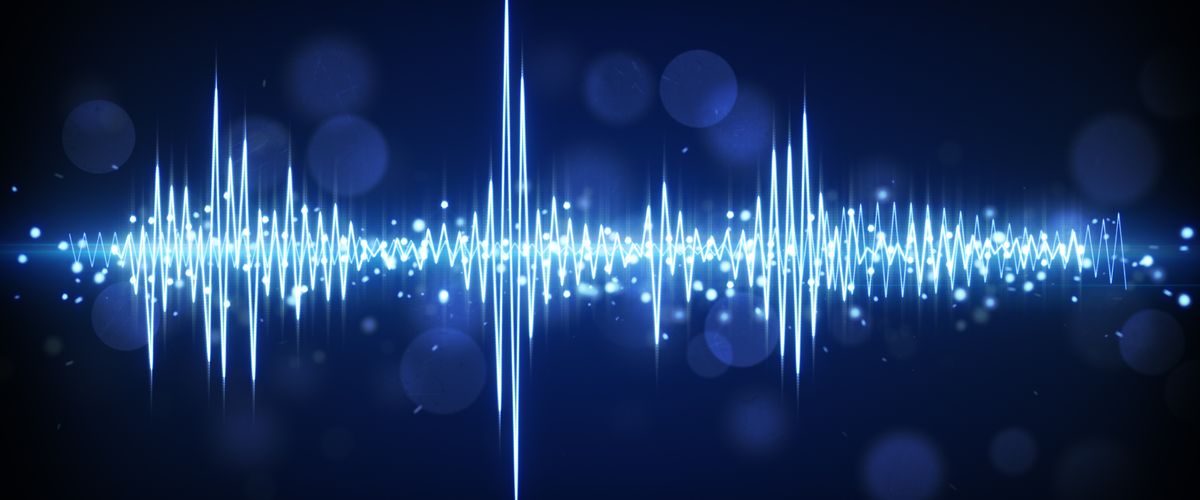When you think of Artificial Intelligence (AI), what comes to mind is Generative AI capabilities that often dominate news cycles, like ChatGPT. AI’s uses, however, are much more far-reaching and expand to encompass life-saving technology. Brian Kulis, Associate Professor (ECE, CS, CDS, SE) and faculty affiliate of the Center for Information & Systems Engineering and Hariri Institute, has recently been awarded two National Science Foundation (NSF) grants, aiming to do just that by applying AI to earthquake and climate change research.
Kulis’ first research grant, “A Large Foundational Model for Earthquake Understanding”, uses AI to develop more accurate tools for earthquake monitoring. This involves training an AI model to potentially detect, localize, and characterize earthquakes. The second grant, a $3 million, five-year NSF Research Trainee (NRT) grant, will help PhD students collaborate across disciplines — including AI and data science — to develop new ideas to convert and store sustainable energy sources, with the ultimate goal of attacking climate change. Both of these grants will significantly contribute to the fields of earthquake and climate change research and prevention, and have the potential to save lives.
Kulis’s background is in machine learning and artificial intelligence and his experience lies in building models for audio as an Amazon Scholar. In fact, he helped build the speech recognition systems for Amazon’s Alexa, specifically the systems for predicting and classifying audio and recognizing speech. These NSF grants are a new area of research for Kulis, who has not previously focused on environmental issues. In November of 2023, CISE hosted the AI for Understanding Earthquakes Workshop to both advance the understanding of earthquake dynamics and demonstrate the power of interdisciplinary collaboration to target challenges in earthquake science. This workshop, which Kulis helped facilitate, led him to pursue further research at the intersection of AI and earthquakes.
How are the environment and speech recognition related? According to Kulis, the data that earthquake sensors monitor, called seismic data, is “basically the same” as audio data. Both exist as very similar waveforms, allowing for the development of similar machine-learning algorithms to analyze both. The earthquake algorithms, developed to “read” seismic data, will learn to recognize patterns in the seismic waves — much like patterns in audio waves — and thus reveal details about the earthquake’s source and the path the waves took through the Earth.
One objective of the grant research is to gain a deeper understanding of these earthquake patterns which will allow scientists to “develop more accurate tools for earthquake monitoring and potentially even predict earthquakes with greater accuracy.” Ultimately, this will help communities better prepare for earthquakes and can save lives. The project will also have broader applications in geophysics, potentially helping communities prepare for other natural hazards such as eruptions or landslides.
Climate change research, much like research on earthquakes, is evolving to incorporate AI models. In August, Kulis and a team of Boston University professors won an NRT grant to attack climate change. The interdisciplinary team brings together expertise in the fields of mechanical engineering, materials science and engineering, electrical and computer engineering, chemistry, computing and data science. Kulis’s role is to incorporate machine learning where he will use models built on data, similar to the models he’s building for earthquakes, to predict what the future climate may look like. Better predicting these climate patterns will allow scientists to develop methods for dealing with climate change, thus potentially slowing its irreversible impact on the Earth.
“A lot of climate change science is done at the physics level, but now it’s becoming a more data-driven field,” he said. “As it becomes more data-driven, that lends itself to different kinds of tools, including the kinds of machine learning methods that we work on.”
Kulis’s transition to working on climate-related issues has represented his shift to more interdisciplinary research. “It’s really been over the last five to ten years, starting with my work with Amazon, that I’ve gotten away from mathematical problems and I’ve started branching out into these other problems and other fields, working with other people, and applying these tools to other problems,” he said. “It’s really cool to see how these things can really make an impact.”
Brian Kulis is Associate Professor at Boston University with appointments in the Department of Electrical and Computer Engineering, the Department of Computer Science, the Faculty of Computing and Data Sciences, and the Division of Systems Engineering. He also was an Amazon Scholar, working with the Alexa team. Kulis was awarded a Hariri Institute Focused Research Program titled “AI for Understanding Earthquakes”. Previously he was the Peter J. Levine Career Development Assistant Professor at Boston University.
